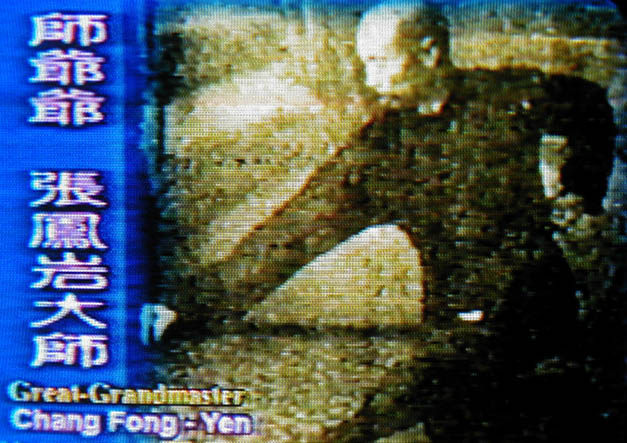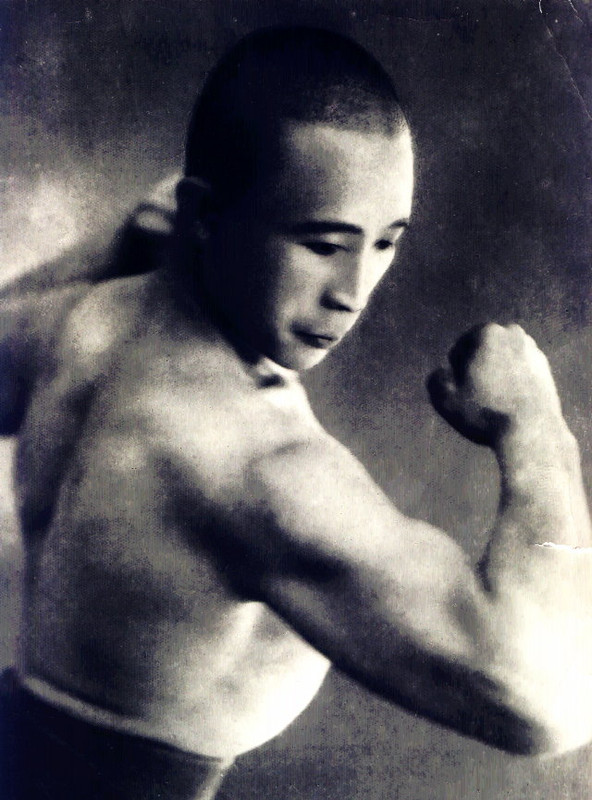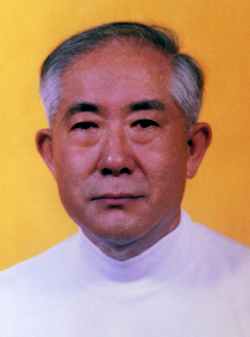JR 137
Grandmaster
My teacher was promoted to 7th dan by Tadashi Nakamura. He’s teaching Seido Karate. He started training under Tadashi Nakamura (initially under a direct student of Nakamura, under Nakamura directly since 1987) since 1973 or 1974, while Nakamura was still in Kyokushin. He has taught many people in my area who’ve gone on to open their own dojos.Having a traceable lineage is important and tells prospective students that the person they intend to be learning from has been through an independent promotion process themselves. It should tell them how long that person has been training, under whom and how long it took to achieve each level. Sure, some of the names initially may be unknown but with a little research on the net or through people that 'should' know, a lineage can be verified and the quality of instruction can be determined (on the surface) before even taking one class.
Is it a guarantee that the school is right for you ? No. There is no guarantee that the instructor(s) is a good teacher. That should be determined by taking a few classes but it can tell you that the instructor is probably not making it up as (s)he goes along and that their may be an independent verification of the quality of the MA being taught at this school if they continue to belong to the mother association.
He wasn’t all elaborate about it on his website, but he listed his teacher and how long he’s been training. That got me to make visiting his dojo a priority. There are some places around me who don’t list that stuff. I outright dismissed some of them and visited others for various reasons. Then there were ones who’s resume is all fluff when reading between the lines. One said “promoted to 8th dan by X school.” X School was his school, and it’s the only one, with about 40 students. Self promotion.
My teacher’s credentials got me to visit. Speaking to him in person and watching him teach got me to sign up. What continues to go on is keeping me there. He could’ve been a bad teacher with his credentials. Unlikely but possible. He could’ve ran a dojo full of ninja turtle wannabe kids. He could’ve done a lot of other things I didn’t want any part of. But he doesn’t. And that’s why I’m there. I would’ve went to someone else with lesser credentials if I thought that teacher and dojo overall was a better fit for me.




